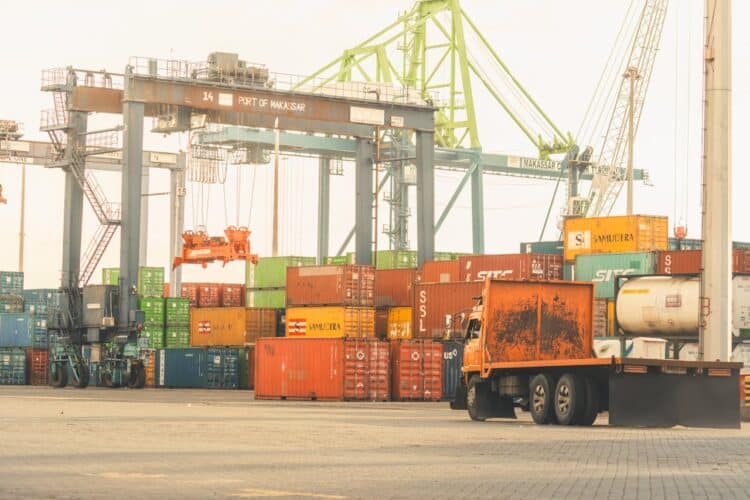Gartner advises Chief Supply Chain Officers (CSCOs) to address three critical priorities to secure their operations amid ongoing impacts from the Israel-Iran conflict. These priorities include mitigating regional bottlenecks, preparing CFOs for continued cost volatility, and reviewing supply chain resilience strategies.
The conflict is exacerbating existing bottlenecks in key shipping routes and logistics hubs, including the Red Sea, Suez Canal, and Strait of Hormuz. Container traffic remains below pre-crisis levels, and companies are seeking alternative routes, leading to delays and congestion.
High-volume regional ports such as Jebel Ali and Dammam face increased pressure, and Eurasian rail freight is experiencing congestion due to surging demand.
“As the conflict between Israel and Iran oscillates, CSCOs must leverage the resilience they have built in recent years, recognising that the global significance of this region makes it nearly impossible to avoid adverse impacts, even if only indirect,” said David Gonzalez, VP analyst in Gartner’s Supply Chain practice.
CSCOs should engage with partners to identify alternative routes, assess the viability of shifting volume to less impacted regional ports, and consider multimodal transportation options . This conflict should also serve as a catalyst for improving long-term supply chain resilience plans.
Ongoing disruptions are driving up supply chain costs across energy, transportation, insurance, inventory, and technology. Price volatility in crude oil and LNG is elevating energy and fuel surcharges, while rerouted shipments and longer transit times are pushing up transportation rates.
Insurance premiums are climbing, and higher inventory levels are needed to safeguard against supply interruptions. CSCOs must proactively engage CFOs to assess budget impacts and prepare for increased spending .
Many organisations are underinvested in supply chain technology, making it critical to build the business case for new tools that enhance visibility and risk management. Close collaboration between supply chain leaders and CFOs is essential to navigate ongoing volatility and protect customer service levels.
The conflict is putting previous supply chain resilience strategies to the test, requiring CSCOs to identify risks to critical raw materials, ensure the continued flow of finished goods, and conduct cost-benefit analyses of mitigation actions. This includes evaluating potential impacts on margins and reviewing the product portfolio for vulnerabilities.



